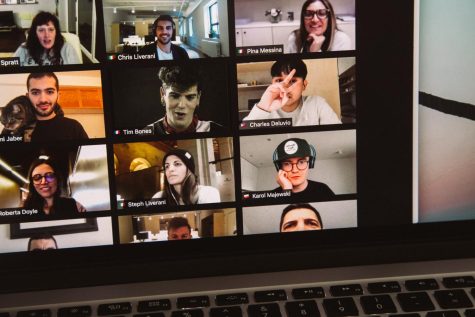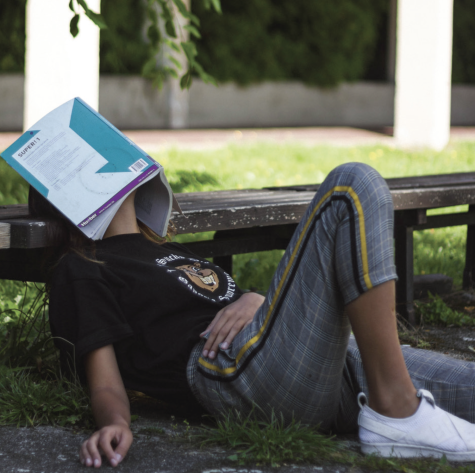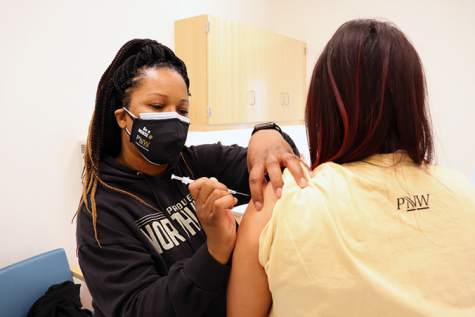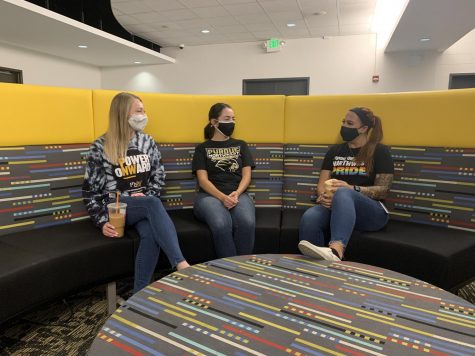Stay-at-home and social distancing policies affect students
Though the PNW campuses are closed and the governors of Indiana and Illinois have ordered residents to stay at home, many students admit they aren’t taking those orders seriously.
“I’m not sheltering in place, to be honest,” said senior Nathan Paz. “I’m working because I am considered an essential employee and I work as much as they are letting me with what is going on.”
And, he admitted he doesn’t have the patience to stay at home.
“I wouldn’t be able to shelter in place because I’d go nuts,” Paz said. “Right now I’m trying to do everything I can to get out of the house, like be around family as much as I can, run to the stores for big things and small things or just simply to walk around.”
Since PNW’s administration suspended in-person classes on March 12, many students began to socially distance, staying at least six feet from others, in order to help slow the spread of COVID-19.
“I am distancing myself by staying home and only going out for the times that I work,” said junior Mike Krga. “The only other exception is when I am asked by my family to go and get groceries. Other than that I’m in my room for most of the time.”
For some, social distancing is hard but offers some benefits, too.
“I go outside but do not interact with others,” said junior Sam Zaborowski. “Having my boyfriend working and me being alone most of the day leaves me with no option but to do my homework.”
Theresa E. DiDonato, a professor at Loyola University Maryland, has written about the challenge of social distancing. She says socializing is a basic human need.
“Maybe people do not recognize their own personal role in slowing this pandemic,” said DiDonato, who explained that in times of stress people search for the calming influence of human connection.
“Experimental evidence shows that when people are experiencing a threatening situation, spending time with people who feel the same emotional stress lowers cortisol levels and reduces stress,” said DiDonato.
Recognizing the need to socialize is the first step to coping with shelter-in-place recommendations.
“We need to override our normal responses to feeling bored, alone, or longing for human interaction and find other ways to satisfy these social needs,” DiDonato said.





